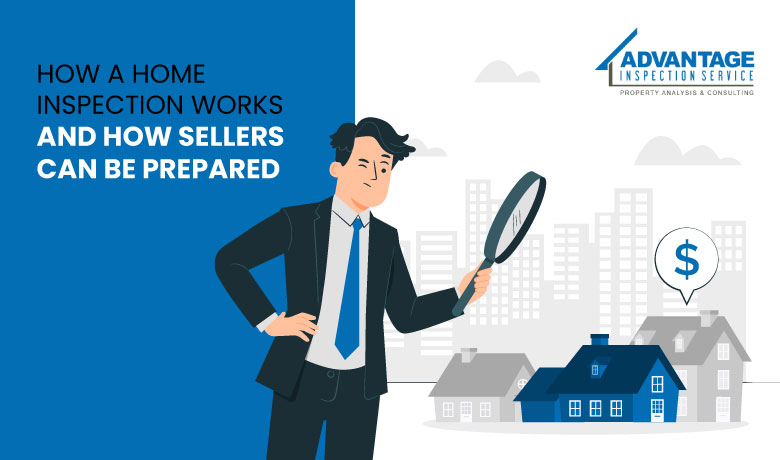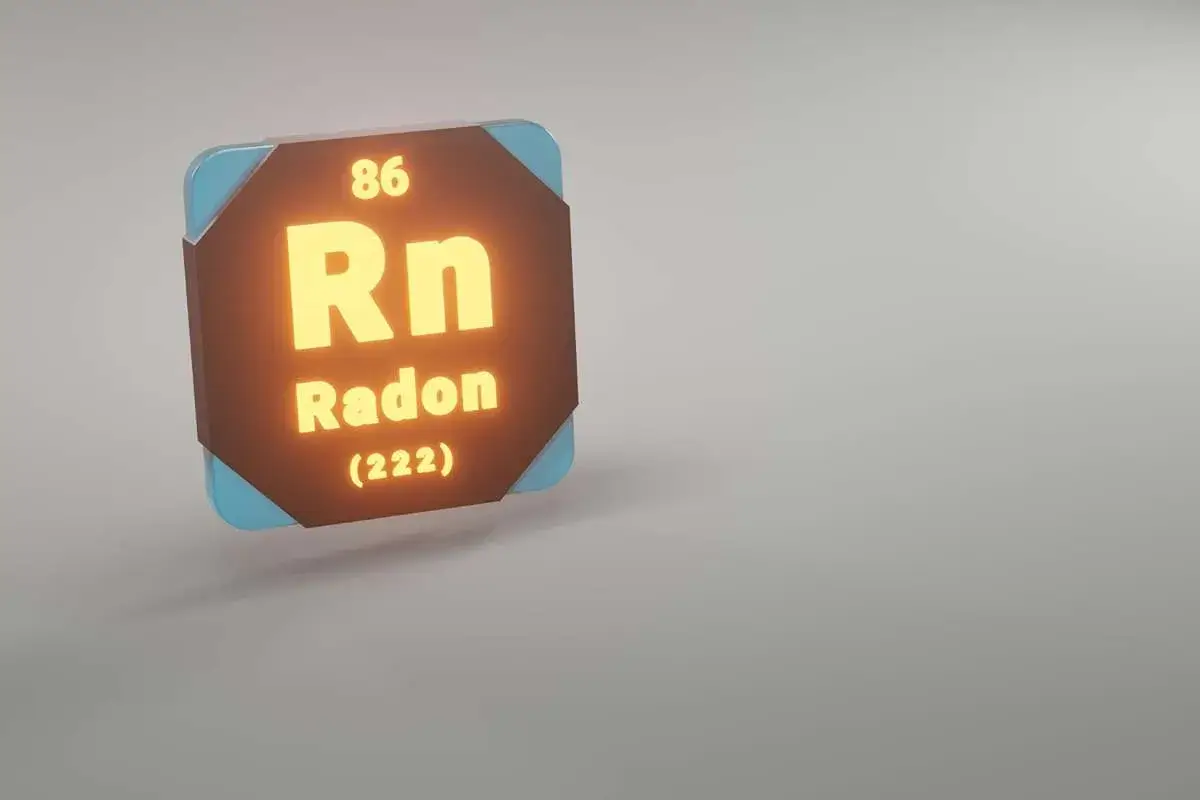When people think about home safety, they often picture locks on doors or smoke detectors…

How A Home Inspection Works And How Sellers Can Be Prepared
An essential step in the house purchasing process is a home inspection in Phoenix, AZ, which enables buyers to spot any potential problems or risks with the property before purchasing, even if they are buying a flipped house. Being ready for the home inspection is crucial if you intend to sell your house. Sellers need to comprehend how the home inspection procedure works and how they can ensure their properties are in good shape and prepared for buyer inspection. In this blog, we’ll examine the home inspection process and offer tips for sellers on how to get ready for it.
What Is the Process of a Home Inspection?
A professional home inspector typically performs a home inspection and delivers a thorough report presenting the examination’s findings.
Finding a trustworthy home inspector is the first step in the inspection process. Arizona home inspectors should be qualified professionals with inspection expertise. Before hiring someone, verifying their references and testimonials is crucial. The buyer or a seller will generally make an appointment for the inspection after selecting a home inspector.
The home inspector will arrive at the property on the inspection day and start by looking at the house’s exterior. This entails checking the siding, gutters, roof, and other exterior components. The house’s interior will be examined, starting with the basement or crawl area.
The inspector will check the basement or crawl space’s foundation, walls, and floor for any evidence of damage or moisture problems as a second. The HVAC systems of the house, such as the furnace, air conditioner, and ventilation systems, will also be examined to ensure they are working fine.
The inspector will then check the walls, ceilings, floors, and windows in the home’s major living areas for any damage or signs of wear and tear. They will also evaluate the wiring, switches, and outlets to ensure the electrical system is up to code and operating correctly.
The plumbing system’s pipes, fixtures, and drains will also be examined to ensure no leaks or other problems. Furthermore, the inspector will inspect the appliances including the dishwasher, stove, and refrigerator, to ensure they are in good working order.
If the house has an attic, the inspector will also check it for any indications of leaks, damage, or poor insulation. They will also ensure that any exhaust fans are operating correctly for proper ventilation.
After completing the inspection, the inspector will give their client a thorough report describing their findings. Any problems discovered during the inspection will be detailed in this report, along with suggestions for fixes or additional expert assessment.
It is significant to remember that a home inspection does not imply that there are no problems with the home. It is merely an evaluation of the house’s current state. However, the buyer may use the information in the report to bargain for fixes or reductions in the purchase price.
Tips for sellers for getting ready for home inspections
Preparing your house for the home inspection is crucial if you’re selling it. The process of purchasing a home must include a home inspection, and the examination’s outcome can significantly impact how quickly your house sells. The following tips will help sellers prepare for the house inspection.
Clean and Declutter
Cleaning and decluttering your home is the first step in preparing it for inspection. It will be simpler for the inspector to go around and thoroughly evaluate each space to see if your home is clean and clutter-free. Remove any personal objects from the area because the inspector can become distracted.
Make necessary repairs
Before the inspection, make any repairs that are required. This involves mending any harmed walls or floors, repairing any leaking faucets, and burning out light bulbs. Sellers can avoid these problems during the inspection by caring for them beforehand.
Provide access to all areas
Ensure the inspector has access to the basement, attic, and crawl space, among other house areas. Remove any obstacles in the inspector’s way, such as boxes or furniture. Additionally, ensure that all barriers and locks are removed or unlocked to allow the inspector access to all places.
Prepare documentation
Compile any essential home-related paperwork, including building permits, warranties, and invoices for any recent improvements or repairs. Thanks to this, the inspector will benefit from thoroughly understanding the home’s history and any work the house might have undergone.
Be upfront and honest
It’s crucial to tell the inspector the truth about any house problems. Trying to conceal or cover up issues will only worsen them in the long term. Make mindful to inform the inspector up front if there are any problems that you are aware of. This will promote trust and guarantee a complete and accurate inspection.
What is the role of the seller in a home inspection?
The seller has a crucial role to play during a home inspection. The seller is still responsible for ensuring a smooth transaction, even if the buyer typically employs and pays for the house inspection. Here are the seller’s most important tasks and responsibilities during a house inspection.
Provide access to the property
Providing the home inspector with access to the property is one of the seller’s primary responsibilities. This involves giving any required keys or access codes and making sure the property is reachable at the time of the inspection. Additionally, the seller must guarantee that the inspector has access to the property’s attic, basement, and crawl spaces.
Disclose any known issues
The seller owes it to the buyer and the inspector to inform them of any known problems or flaws with the property. This covers issues like leaks, mold, or structural damage. It can help to avoid surprises or disagreements during the inspection or after the sale if the seller discloses the known faults upfront.
Be available for questions
During the inspection, the seller should be available to respond to any questions the inspector may have concerning the property. This might help to guarantee a complete and accurate inspection. Additionally, the seller must be ready to provide the inspector with any records or details concerning the property that they might need.
Are you looking for the best Phoenix home inspectors to provide a thorough and reliable home inspection? Look no further than Advantage Inspections! Our experienced team of inspectors uses the latest technology and techniques to ensure you have all the information you need to make informed decisions about your home purchase. Contact us today to schedule your inspection and experience the Advantage Inspections difference!



